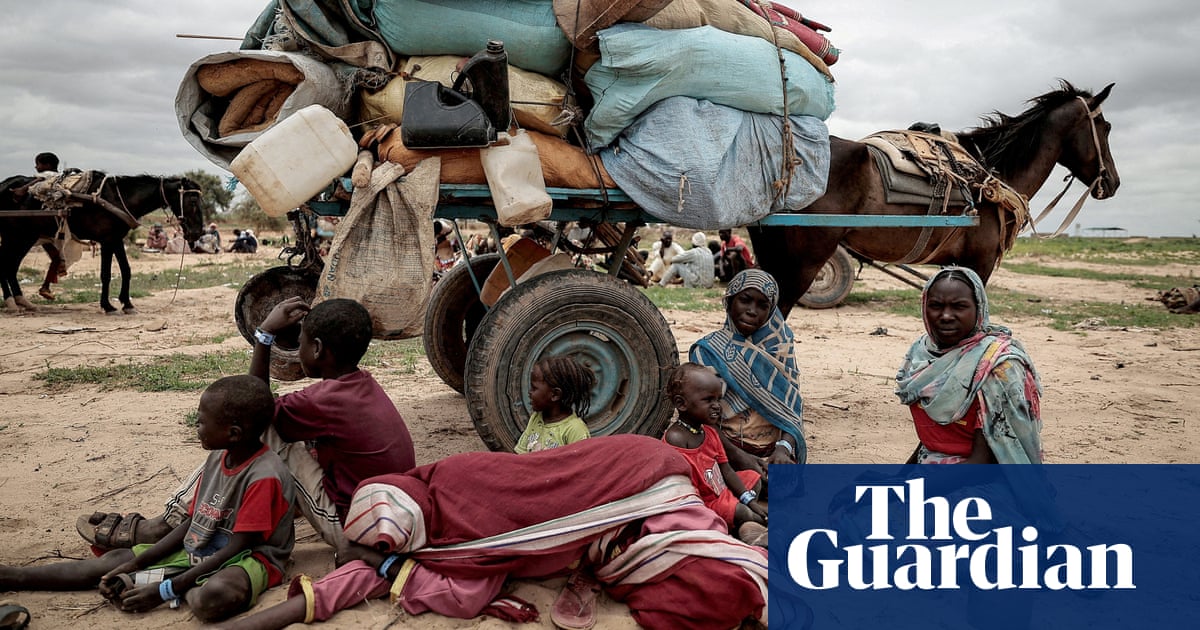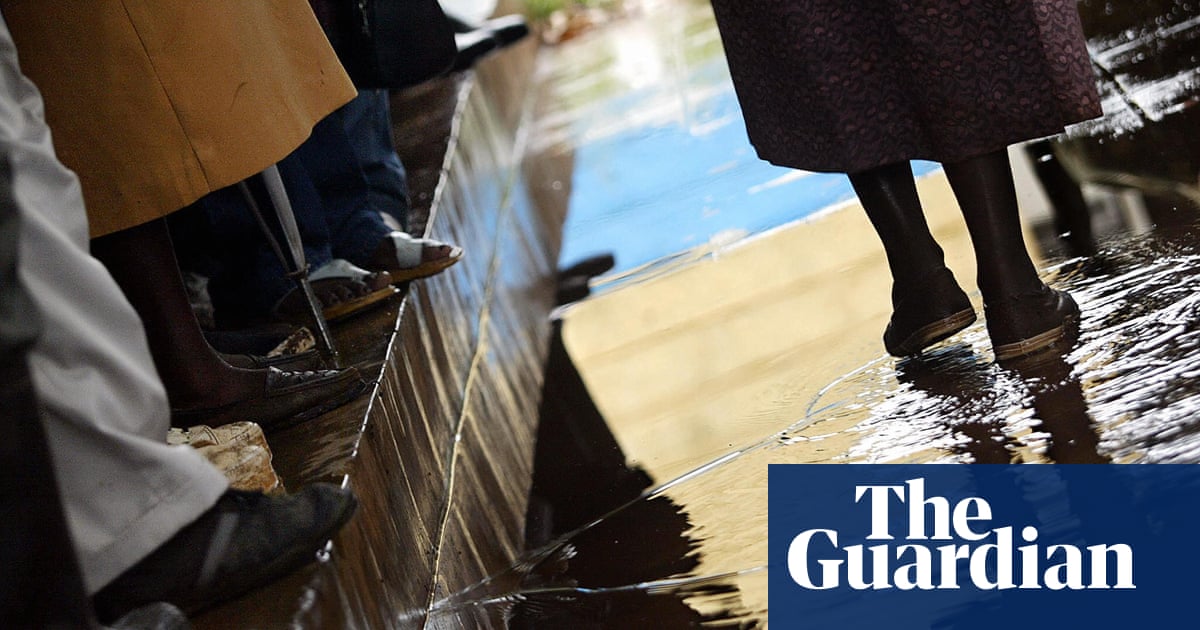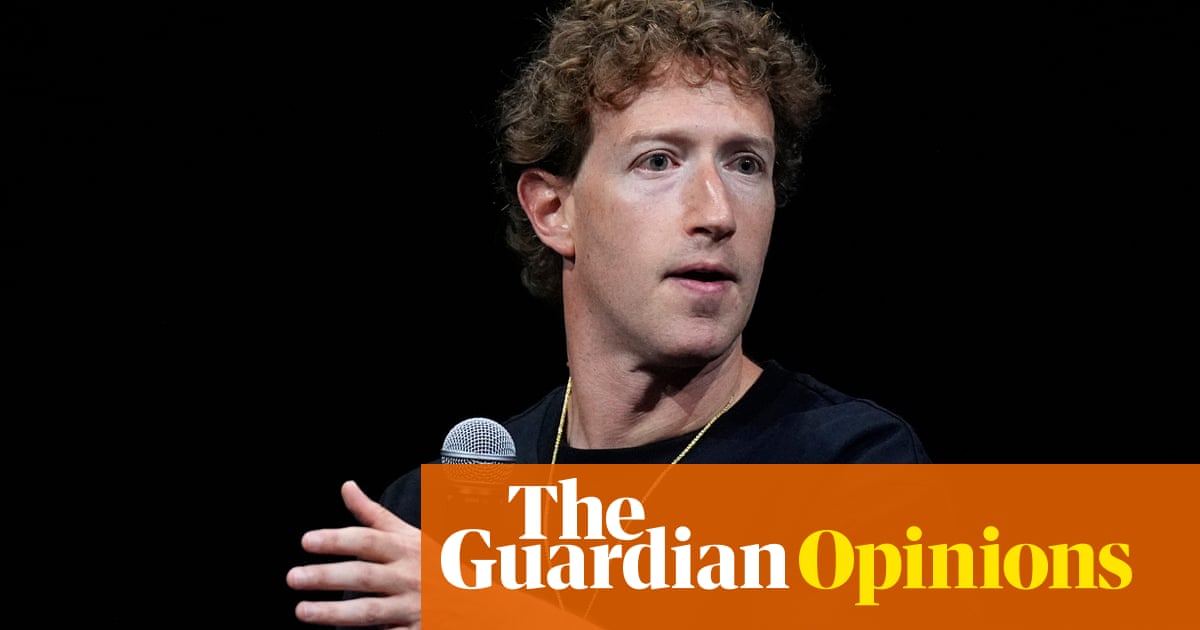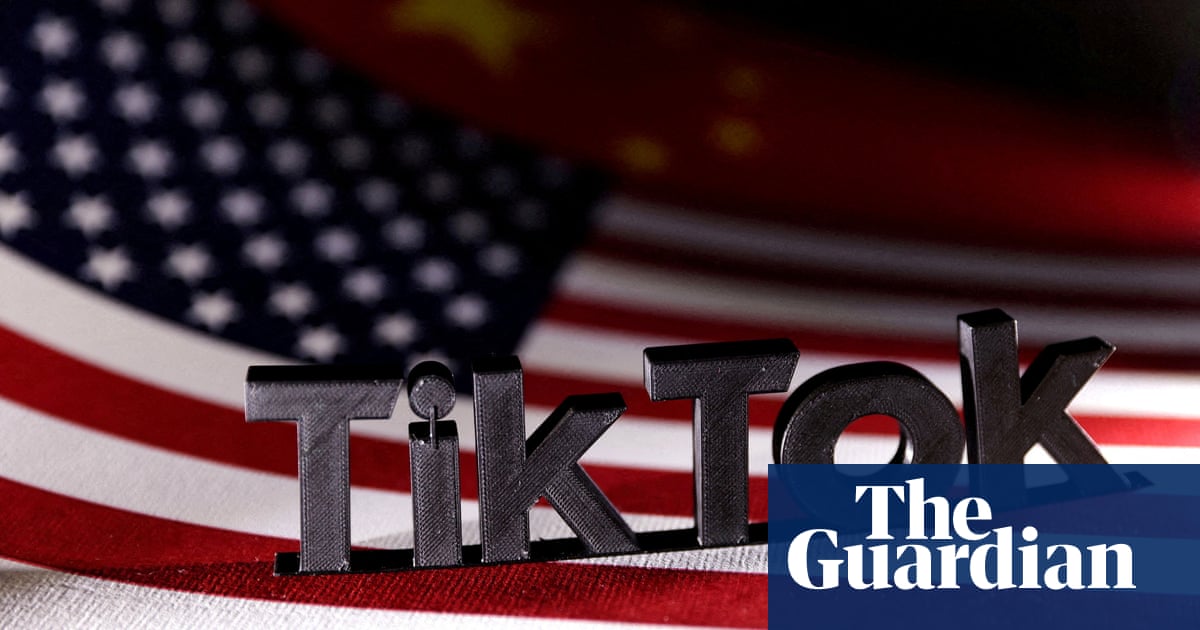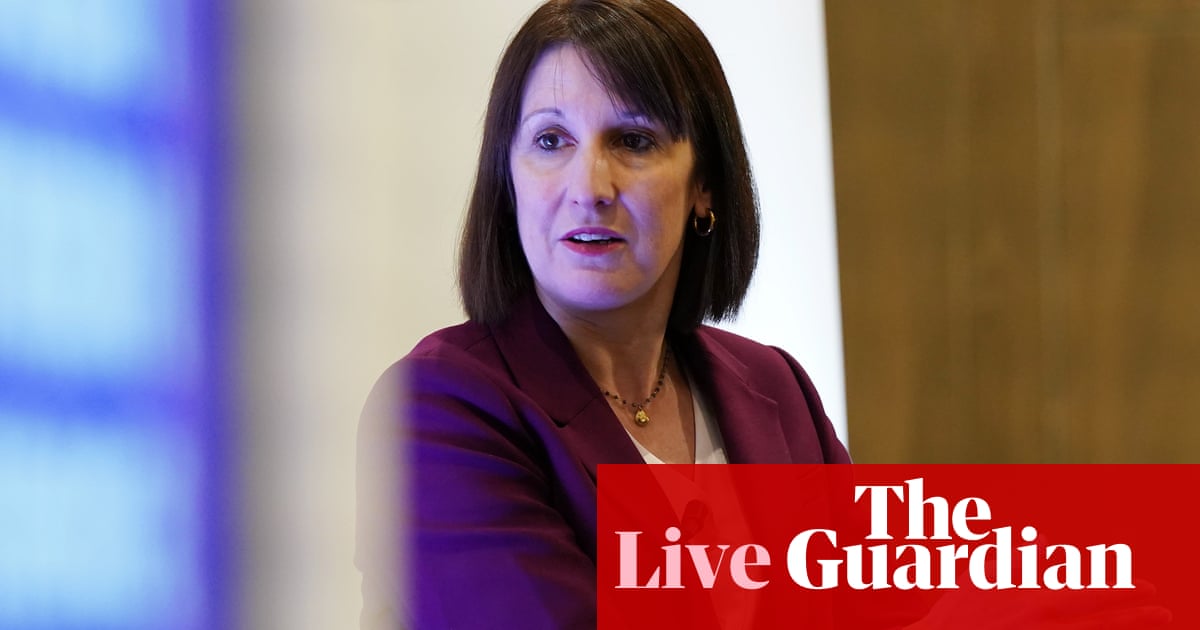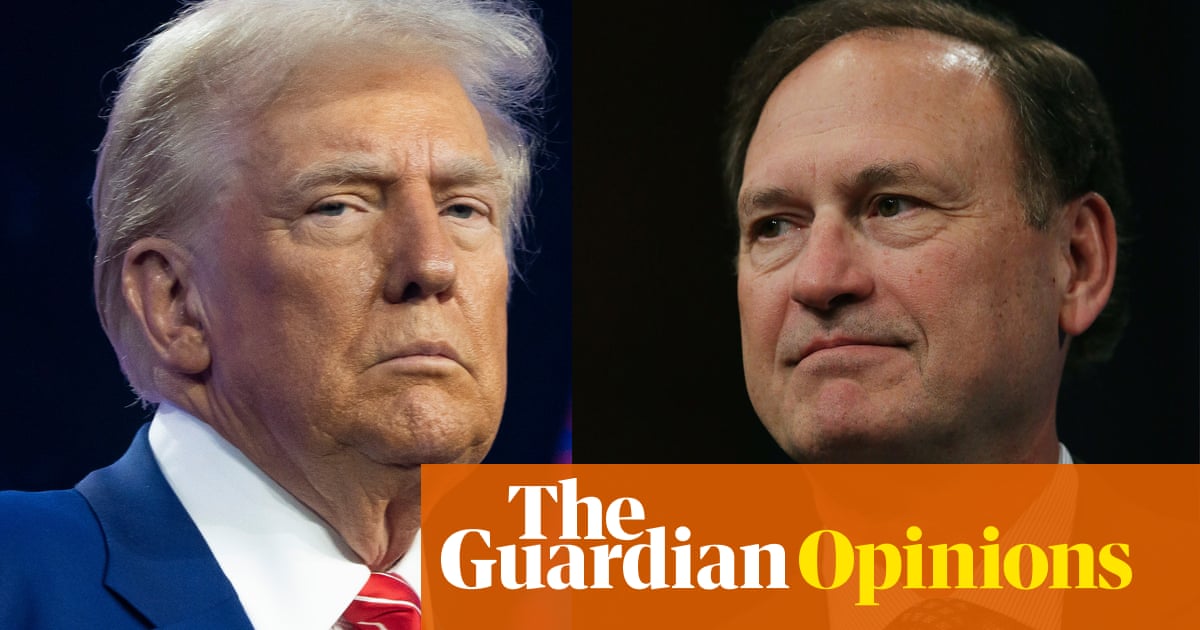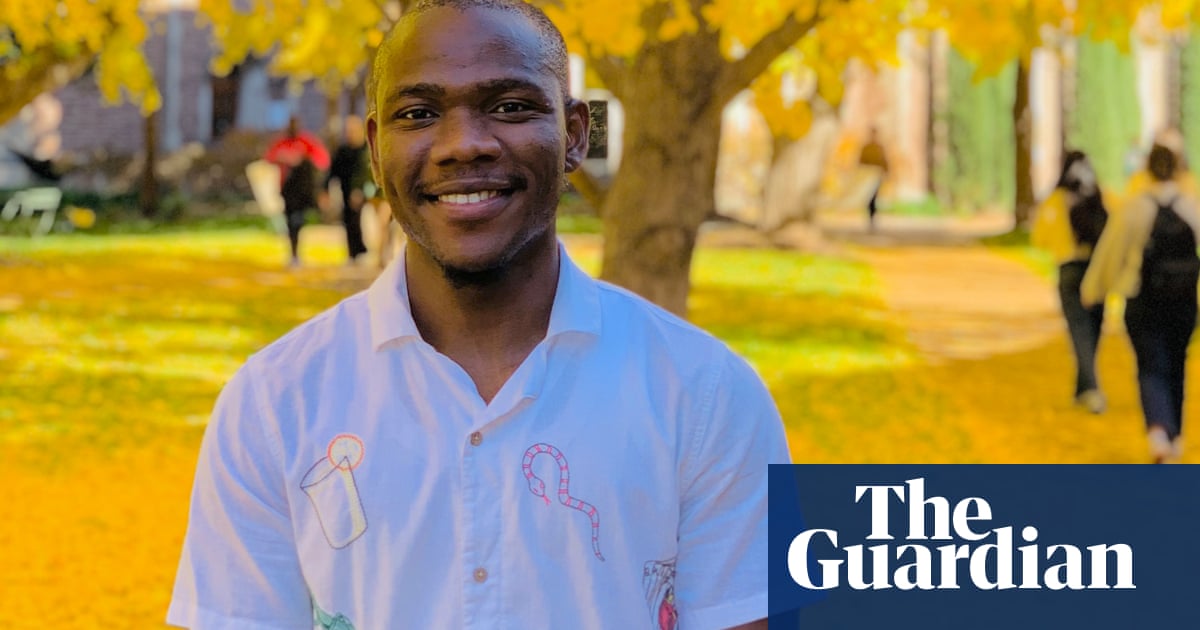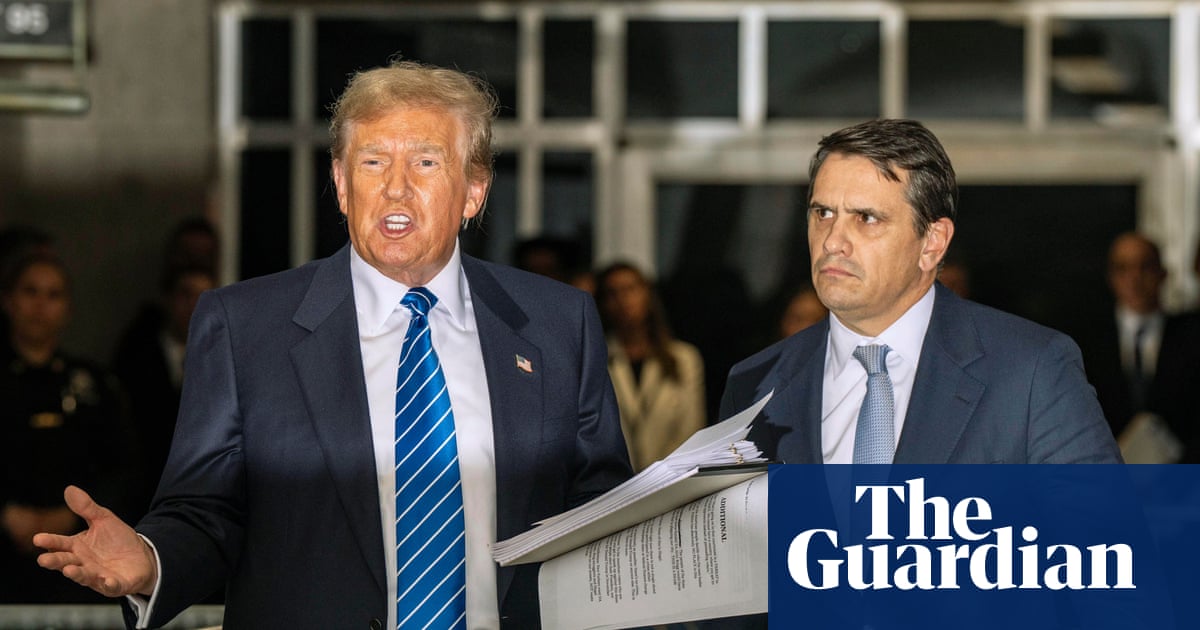Who’s up for an in-depth look at the last 20 years of UK immigration policy? Come on, it’ll be fun!
I’m joking, of course. It’s no fun at all! It’s full of politicians, for a start, and they’re talking. It’s fascinating how unbearable almost every single one is, no matter where you sit on the political spectrum. The first instalment of the two-part documentary, Immigration: How British Politics Failed, fields Tony Blair, Nigel Farage, Suella Braverman, David Cameron and Michael Howard … It’s like there’s no safe place to rest your eyes, ears or brain, as they bloviate or simply recreate – alongside archive news footage and tabloid headlines – the lowlights of the past few decades, over the question of how many people, for what reason and with what motivation we should take in from other countries.
We begin in 1997, when New Labour swept to power, many of us were still up for Portillo, and things could only get better. Remember that? I know. Insert as many pauses for hollow laughter hereafter as you require. The new government is determined that the economy should grow, and so in order to address the skills shortage hindering the isle’s path to success, it “opens the door to the whole world” according to Farage. “The idea that we had some sort of open door policy is absolute nonsense,” says Blair. And we’re off to the depressing races.
Soon entering the picture is Lord Andrew Green, the founder and chair of MigrationWatch, which he set up in 2001 to monitor Labour’s immigration policies and research their effects. None of them pleased him very much, which pleased the Conservatives greatly. According to Jonathan Portes, then chief economist at the Department of Work and Pensions, some of MigrationWatch’s analyses were “useful and pretty rigorous” and others were “pretty strongly xenophobic in tone”. Farage says the group’s work started freeing him to speak out right from the start.
Therein, really, lies the story. The documentary lays out the chronology and the verifiable facts about the loosening and tightening of restrictions and the resulting rise and fall of migration figures (not always as predicted). But it is in the question of how much the issue of immigration was polluted by racism at the time, and whether it is possible to truly uncouple the two, that the interest lies.
The series drafts in some of the journalists and editors of newspapers covering this increasingly defining plank of Labour policy as the 2005 general election approaches.
Labour wins a third term with a tellingly reduced majority. Cameron becomes Tory leader, while Gordon Brown leads Labour. Almost everyone interviewed now remains entrenched in their former positions. Reflection is rare. Alan Johnson manages some – considering it “a mistake not to allow a transitional period” around the time that arrivals began from the eastern bloc. David Blunkett’s special adviser Matt Cavanagh talks about his frustration with Labour’s unwillingness to entertain the idea that what could be good for that abstract entity “the economy” could both feel bad and be bad at an individual level. Some of the pressure on health, police and housing resources was exaggerated, he says, but some was very real. The gulf between the government and the feelings of some ordinary individuals was publicly and disastrously encapsulated by Brown’s encounter with Gillian Duffy – or “a sort of bigoted woman” as he called her inside his car, not realising that his mic was still on.
The first half of this two-parter gives a good sense of the mess that immigration policy and any attempt to discuss it has become. It takes in the unforced errors of those in power – such as Cameron claiming that net migration could, should and would be brought down into the tens of thousands. It also addresses the disinclination of the left to accept that those whose jobs and resources were most under threat by the advent of others might have a justifiable grievance, and not simply be motivated by racism. And it examines the media influence at play – the stoking of the hate that increases sales, the exploitation of the marginalised this inevitably involves – and the remarkably similar playbook used by people in opposition to get their hands on the levers of power once again.
The next episode brings us up to Boris “points system” Johnson and Rishi “stop the boats” Sunak. Things, in short, are not about to get better.
after newsletter promotion

.png) 1 month ago
11
1 month ago
11
